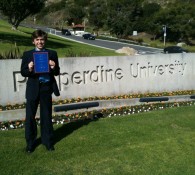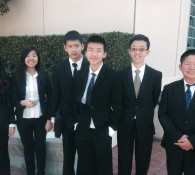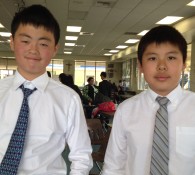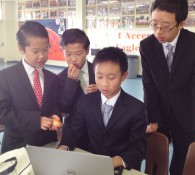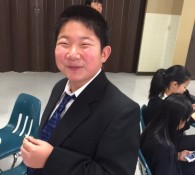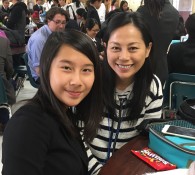Speech / Debate
The goal of the speech and debate survey program is to develop skill sets in three distinct areas of public speaking. First, the curriculum will address persuasive speech. Skills associated with oratory will receive direct instruction, and students will practice these skills by delivering speeches in front of the class. Each student will receive individual coaching to highlight areas of strength and improve areas of deficit. Second, the curriculum will cover the basics of debate.
Students will learn to evaluate an issue and to develop arguments for each side of the issue. Furthermore, the students will practice arguing each side of the issue in structured debate rounds. Lastly, the class will cover the oral presentation of dramatic material through speech events called storytelling, dramatic and humorous interpretations. These events are an excellent way to involve younger students in interpretative and acting skills that will inform all manner of public speaking.
Programs that allow younger students to become involved in speech and debate are few and far between. Thus, the Kudos program is a rare opportunity. The advantage such involvement offers younger students can hardly be overstated. Involvement in speech and debate is the most highly-valued extra-curricular activity by colleges for a reason. Public speaking instruction not only greatly improves a student’s oral communication skills, it also improves their thinking.
Speech and debate imbues in students self-confidence, and hones reasoning and analysis skills. Children who begin to practice public speaking at a young age have a substantial advantage over their peers who do not. The young brain, still developing, is shaped significantly and positively by these activities. Later, in high school and college, students who have begun speech and debate at a young age, will be advanced not only in communication areas, but in all academic pursuits.




